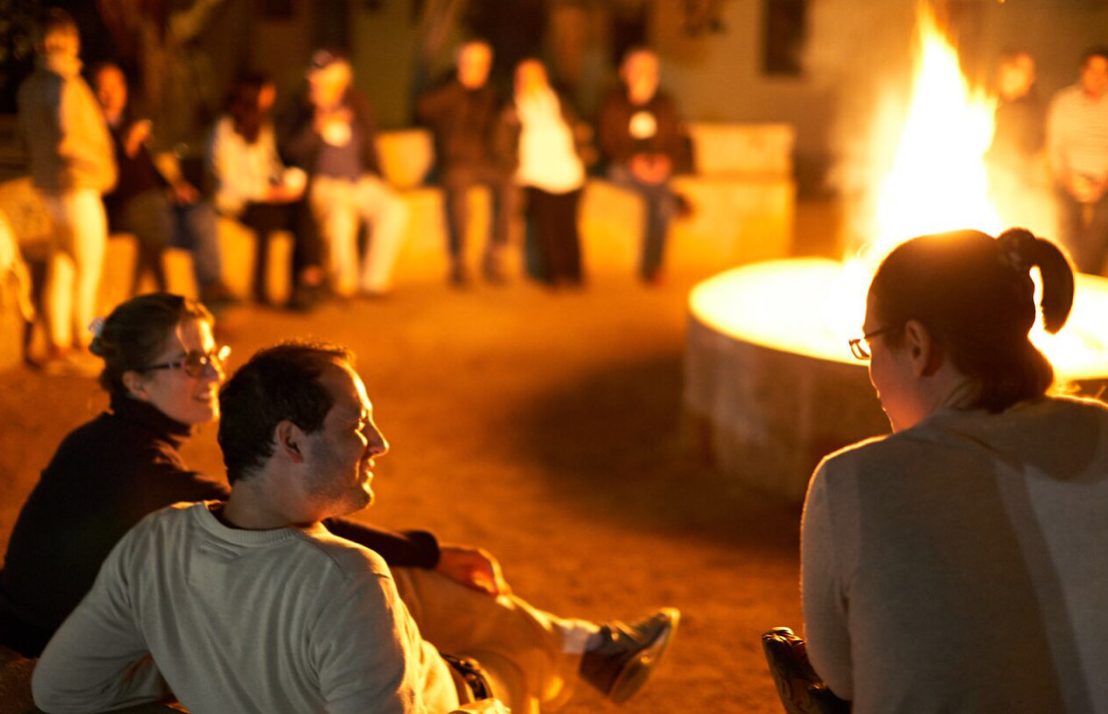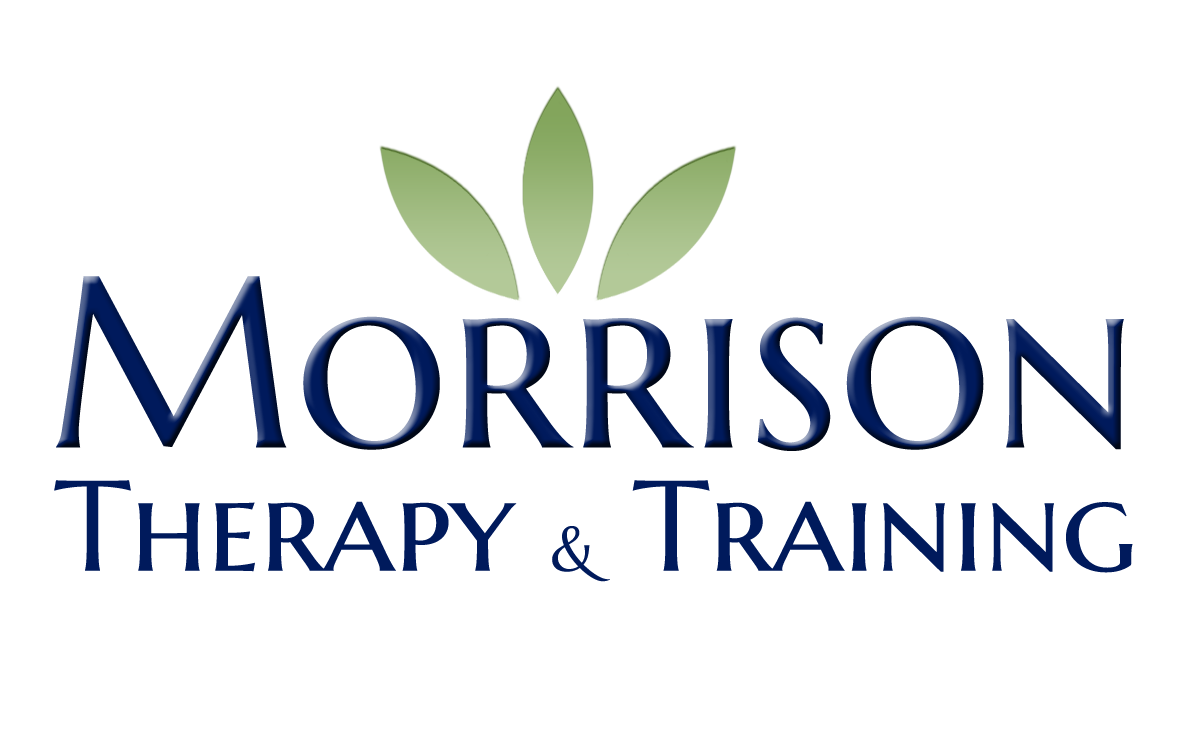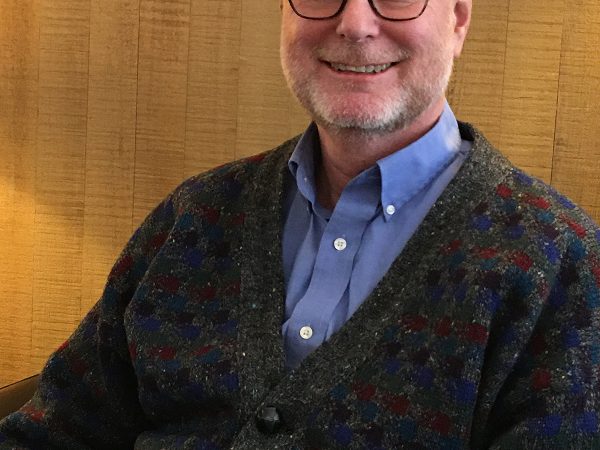
A Brief Reflection on the Focusing Weeklong in Chile
by Kara Hill, MA, LMHC, FOT
The most striking part of my experience in Chile was being part of a community in which we were deeply connected by our different languages rather than having these differences create a barrier. One day sitting at the lunch table, four of us were conversing in English. One woman looked up and realized the man sitting beside us spoke only Spanish. Without asking him whether he wanted to be included, the woman immediately began to translate our conversation and the rest of us slowed to accommodate the process. It was an offering of inclusion that assumed, “You are with us!” He was already a part of our “we” without having to ask and without our languages creating a barrier.
One night I sat around a campfire with three people. I, the English Speaker with little Spanish, a native Chilean with little English, and two people from Uruguay who were bilingual. The four of us enjoyed a long, warm and connected conversation, finding things in common, learning and growing together. This happened because the friends from Uruguay took turns translating everything between us all. The most striking part, again being, there was no discussion about translating and whether or not it was needed. It seemed that the shared assumption and instinct at the conference was always to include. I know that translation is a rigorous task and was touched by the generosity of others to fill the gaps between us like this. This unifying, created a freedom to play together, laugh, and learn from one another in a holistic way, and a depth of community was felt beyond any I had before experienced.
The different languages at the conference also made me very aware of my own lack of a second language and the privilege I have to go to other countries and rely on the people in those places to have some proficiency in my language. In Chile, I met a six-year-old girl who shyly spoke English to me having learned it in her Kindergarten class. Her older brother spoke with much proficiency. I wondered about why I had never been taught and how this gap in American education separates my country from the rest of the world. Thus, while I speak very little Spanish, I found myself offering as many words as possible. I was accepted and un-judged, unlike the way I have seen immigrants to the United States criticized and ostracized for accents or imperfect grammar. In Chile, sometimes I knew I had said things quite awkwardly, yet even a single word uttered clumsily in a foreign accent was received with appreciation. I felt so accepted in this, it fueled my natural drive to keep trying and words I didn’t even realize I knew were drawn out from somewhere within. Spanish is a language I’ve always found difficult and often wondered if I was incapable of learning. In Chile, it was available to me as I had never experienced before. Being part of this community, it seems, brought something together inside me as well.



